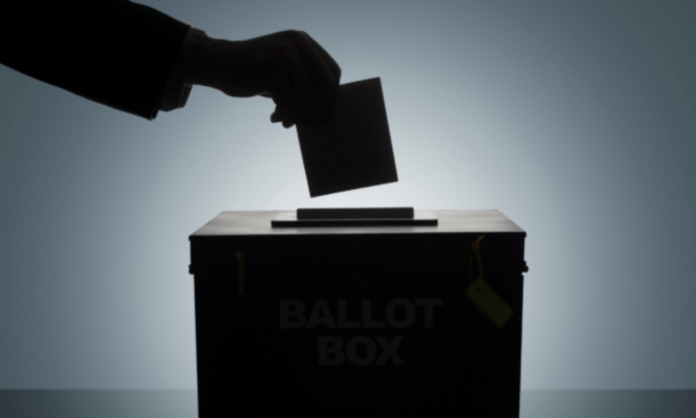By Dermot Kavanagh
After the Fenians had failed to win independence by revolutionary method, agitation moved in the direction of the ballot box. Political life in Ireland in the last quarter of the nineteenth century was dominated by the Land League and Home Rule movements.
They were always unified at national objectives. The population of Ireland was at that time divided into two social classes, landlord and tenants. Before a strong Home Rule organisation could be established the tenants had to be free from the wrath of landlords. The Land Act of 1881 which had come about as a result of incitement by the Land League had taken away the arbitrary dominance of the landlords. It had accepted for the first time that the tenants were part owners of the land of Ireland.
The 1885 election was the first to be held under the newly enlarged franchise, with the twelve pound valuation threshold being abolished, and Gladstone’s Ballot Act made secret voting possible. Co. Wicklow was divided into two parliamentary divisions for this election. Out of a population of 35,787 only 5,336 people were eligible to vote, women being one section of the society that were excluded from voting.
The two candidates who sought to represent West Wicklow were Mr Garrett Byrne of the Irish Parliamentary Party, a 56-year-old former surveyor and custom officer at Liverpool. Garrett had represented Wexford after the 1880 General Election. He was born in Arklow and was the great-grandson of Garrett Byrne of Ballymanus, one of the leaders of the 1798 Rebellion. Owing to ill health, he resigned in 1883 but Parnell persuaded him to stand for Parliament again for West Wicklow in the 1885 December elections.
The Irish Unionist Party candidate was Mr Hume/Dick, a large employer in the area, who had recently completed the building of his castle at Humewood, Kiltegan. He had fought the Land League in the district by his system of refusing to take rents from any of his tenants who were being boycotted for as long as they were in that state.
His family, he said, had represented Co. Wicklow justly in Parliament for over 150 years and even appealed to the memory of the insurgent Michael Dwyer to assist his campaign. In 1803 his father had accepted his surrender at Humewood. Because the authorities were not honouring the terms of the surrender he had ridden all the way to Dublin to intercede with the government on Dwyer’s behalf.
The whole election campaign was by all accounts carried out in a peaceful and professional manner according to the standards of the times. By the evening of 5th December, the day after the voting, the counting was completed at the courthouse in Baltinglass, which incidentally had become a railway town since the line from Sallins was opened earlier in the year.
Mr Byrne had received 3,721 votes, Mr Hume/Dick’s total was 873 votes and according to the Tallymen about seventy loyalists had voted for Mr Byrne. General elections at that time were for the United Kingdom of Great Britain and Ireland and took almost three weeks to complete as different constituencies went to the polls on separate days.
The result in West Wicklow was a reflection of the sweeping successes of the Nationalist candidates throughout the country, who had won 82 seats out of the country’s total of 99. Only in Ulster and Trinity College Wards did the Unionists win any seats. The election ended forever the Hume Parliamentary tradition in Co. Wicklow. It was a sign of the growing political power of the unified tenants in the shape of the Nationalist Party, to be masters of their own affairs.
They had found strength in the collective membership and solidarity of the Land League, whose leaders were colourful characters, men who could excite political meetings. These orators had exposed the Loyalists’ attempts to cloud the real issues in the election with irrelevancies.
The contest was not as they tried unsuccessfully to suggest a fight between political parties as such, or between two religious factions as Catholic landlords were no better than Protestant ones. This election was about land and self-determination or Home-Rule. Mr Hume/Dick, however good his intentions may have been, could not solve the problems because of his very position as a landlord and all that stood for, as he was the tenants’ problem.
The memory of the Fiddan Evictions 1871 when he was responsible for clearing out a whole townland of its inhabitants was still fresh in people’s minds. Mr Hume/Dick was, as he said, a local man, if only for the two months of the year when he came to collect his rents and his family did shelter Michael Dwyers when he was on the run.
However, this was 1885 and landlordism because of its inflexibility was becoming obsolete and would within a generation be almost eliminated. The 1884 election was one important encounter in the 700-year battle over the ownership of the land of Ireland. This election result had given the Nationalist Party the balance of power in Parliament. The Irish Question became a priority government once again. Gladstone had at last adopted the principal of Home Rule for Ireland, and the Irish people began to dream again after a series of nightmares.








